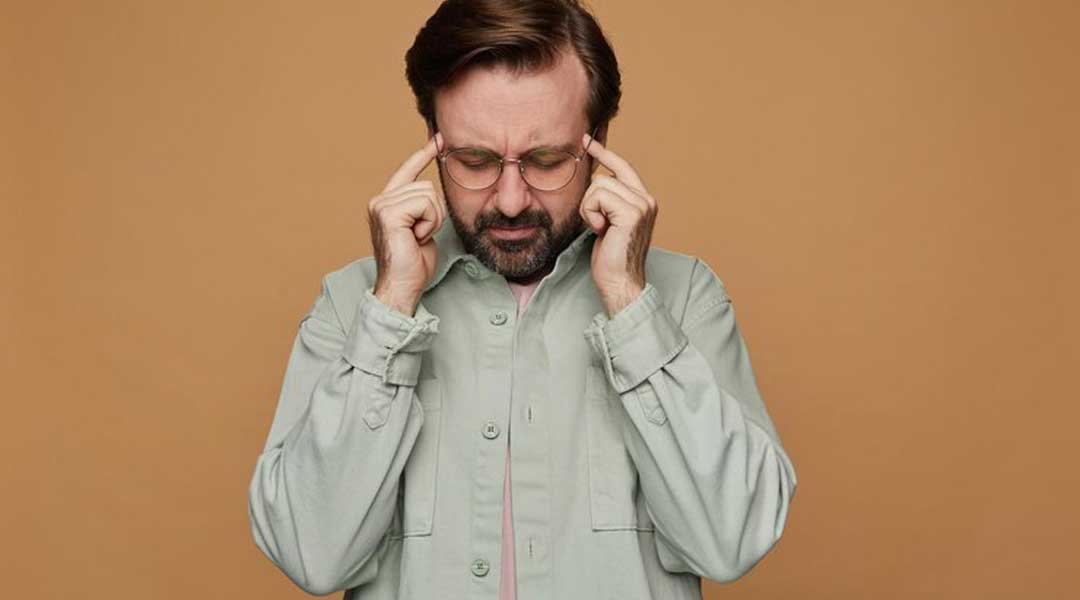
The providers at Texas Specialty Clinic test for attention-deficit hyperactivity disorder (ADHD) in adults and then work with you to manage symptoms.
Adults with ADHD are likely to have an anxiety disorder, depression, bipolar disorder, or other comorbid psychiatric disorder.
About 50 percent of adults with ADHD also suffer from an anxiety disorder. Adult ADHD symptoms that coexist with an anxiety disorder or other disorders may significantly impair the ability to function.
ADHD affects two types of memory: working memory, which helps turn information into action, and long-term memory, which is affected by distractions and disorganized brain storage. People with ADHD often struggle with long-term memory tests, as memories are not created but rather lost.

Depression is a common issue, but it's important to address it. Contact Texas Specialty Clinic if you experience symptoms for over two weeks.

Anxiety, a natural part of daily life, usually subsides after a stressful situation. Constant or prolonged anxiety can negatively impact mental and physical health, causing symptoms like tenseness, irritability, apprehension, and panic attacks. If anxiety interferes with daily life, seeking professional help is recommended.

A life coach helps you identify goals you want to achieve in your personal and/or business life, works with you to create an action plan to reach those goals, and then supports you as you implement the plan. A qualified life coach at Texas Specialty Clinic can shed light on difficult situations and act as a sounding board. Through regularly scheduled meetings, she also motivates you to follow through on your action plan.

Cognitive behavioral therapy (CBT) focuses on the relationship between what you think, how you feel, and the way you behave. Through structured assignments, you identify automatic thoughts, explore whether they’re realistic, and learn ways to change them if necessary.
You also define the places, activities, and thoughts associated with feelings like anxiety and stress. With each step, you learn to change your thoughts, feelings and reactions, which leads to improved mental health.

CBT effectively treats a variety of challenges, including:
